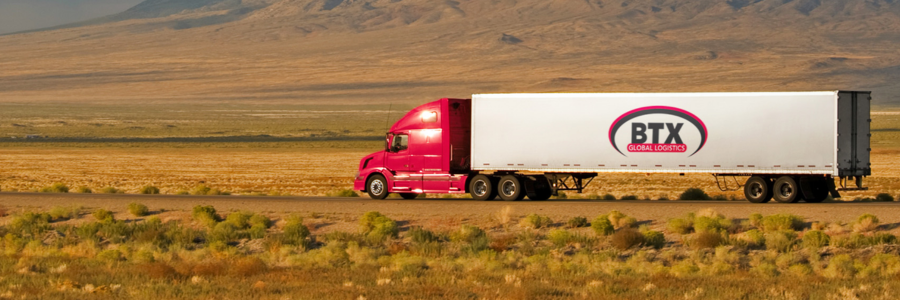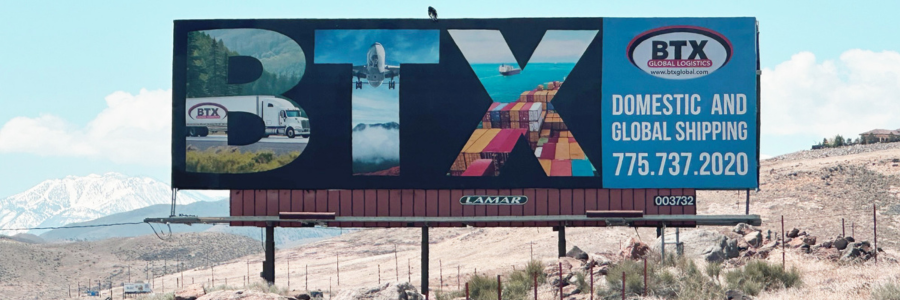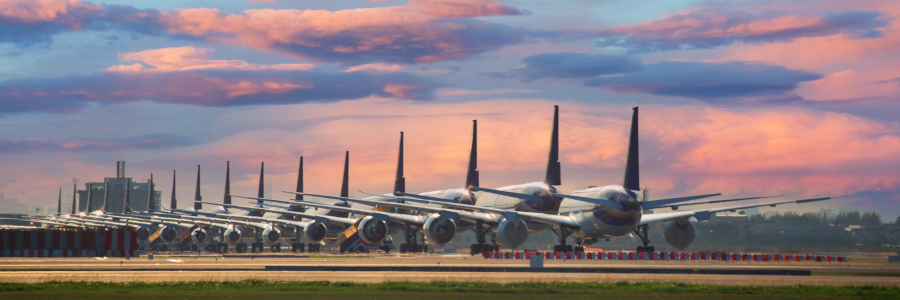The Freight Logistics Optimizations Works Initiative (FLOW) is a first-of-its-kind private-public partnership led by the U.S. Department of Transportation (DOT) that creates a more complete shared picture of the U.S. supply chain for members, which includes the nation’s busiest container ports, major ocean carriers, and some of the largest retail importers.
In March, on the second anniversary of the launch of the FLOW initiative, DOT announced that the FLOW platform has begun to publish data on inland freight hubs including rail terminal and warehouse end destination data that will enable FLOW members to have an enhanced view of future container import volumes and traffic. This data will help inform capacity decisions and avoid supply chain challenges, such as delays, for FLOW participants which will ultimately help lower costs for consumers.
"Two years ago, we launched FLOW, to help goods move quickly and cheaply," said U.S. Transportation Secretary Pete Buttigieg. "The Biden-Harris Administration's efforts to strengthen American supply chains have helped reduce inflation from pandemic peaks — and today, with the expansion of FLOW, we expect to see even greater benefits to American families and businesses."
FLOW and DOT Working Together
FLOW complements work happening across DOT to invest in supply chains through President Biden’s Bipartisan Infrastructure Law (BIL). In March, the U.S. Maritime Administration announced that $450 million from BIL is available through the Port Infrastructure Development Program (PIDP), part of the historic $17 billion included in the infrastructure law specifically to strengthen coastal and inland waterway ports. In January, DOT announced nearly $5 billion in grants to build or repair infrastructure projects that will ease trucking bottlenecks and improve the movement of freight across the country.
DOT and supply chain stakeholders are applying lessons learned from the pandemic-caused disruptions as it helps manage changes in freight traffic resulting from the reckless Houthi attacks against vessels in the Red Sea, as well as the reduction of traffic in the Panama Canal due to drought conditions. Secretary Buttigieg has met with mariners, ocean carriers, ports, and other industry leaders to discuss the ongoing situation in the Red Sea and its impact on shipping and the freedom of navigation.
The Department has held regular listening sessions with the freight industry and mariners since the Houthi attacks began last year and has worked with FLOW participants to leverage data on shifting traffic caused by the ensuing disruptions. Earlier this year, Deputy Secretary Polly Trottenberg traveled to Panama to underscore the importance of building resilient global supply chains and discuss the impact of the drought in the Panama Canal on international commerce.
How FLOW Works
Through the FLOW initiative, DOT collects, aggregates, and anonymizes key information shared by participants on inbound containerized freight, starting with importer purchase orders, and aligns future demand volumes against the current regional capacity to move ocean containers. FLOW now includes the five largest U.S. container ports, seven of the largest ocean carriers, and nine of the twenty largest retailers by imports, and has over sixty companies in the onboarding process.
Industry members who join FLOW can access secure data through a shared online portal or API hosted by the Bureau of Transportation Statistics (BTS). DOT actively works with industry members to continue to improve and build use cases with FLOW data. Today, FLOW Members are working with DOT to utilize FLOW data to better estimate port and inland network congestion and monitor cargo shifts due to the Houthi attacks in the Red Sea.
Participants are using FLOW data as an input into existing company processes to better inform supply chain planning. These efforts work to smooth out supply chain volatility and support commercial needs. As FLOW continues to grow, DOT will continue to work with its industry partners to further develop and achieve our shared goal of improving America’s supply chain.
BTX Global Logistics is ready to help you navigate through any logistical challenges. With 43 years of experience in domestic and global transportation services by Air, Land, and Sea, BTX is the best choice to keep your shipments moving and your customers happy. Contact BTX here.













.png)
